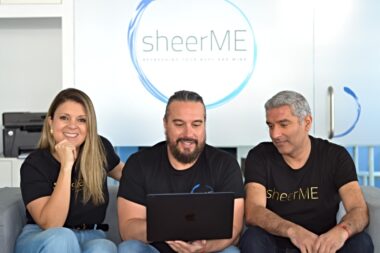- The European Data Protection Board (EDPB) has made a preliminary ruling that could force Meta to rethink how it obtains user consent in the EU, potentially leading to significant changes in its business operations.
- Meta’s current model, which requires users to either consent to data processing for advertising or pay a subscription fee, has been deemed non-compliant with GDPR standards that require consent to be freely given without undue pressure.
- Privacy advocates have welcomed the EDPB’s stance as a victory for consumer rights, emphasizing the need for more transparent and user-controlled data processing practices.
- The decision may prompt Meta to explore alternative advertising models that do not rely on personal data tracking, such as contextual advertising or other non-invasive methods.
- The outcome of the EDPB’s final opinion could set a precedent affecting not only Meta but also other tech companies with similar business practices in the EU.
The European Data Protection Board (EDPB) has taken a firm stand against Meta’s ‘consent or pay’ model, a strategy that requires users to either agree to data processing for targeted advertising or pay for an ad-free experience. According to reports from Politico and confirmed by an EDPB spokeswoman, the decision could significantly impact Meta’s advertising-driven business model within the European Union.
This ruling follows Meta’s introduction of a controversial subscription model last fall, where users were asked to pay €13 monthly to avoid ads, a fee later suggested to be halved due to backlash. The EDPB’s recent discussions conclude that such a binary choice does not meet the stringent consent requirements set by the General Data Protection Regulation (GDPR), which mandates that consent must be freely given and not coerced.
Privacy rights groups, including noyb, have been vocal critics of Meta’s approach, arguing it undermines the principles of GDPR. The EDPB’s opinion, which is yet to be fully published, suggests that offering users a simple choice between paying a fee or consenting to data processing is not a legitimate method to obtain consent. Max Schrems of noyb highlighted that alternative revenue streams that do not involve tracking, such as sponsored posts, could be viable for Meta.
As the European Commission continues its investigation under the Digital Markets Act and Digital Services Act concerning Meta’s compliance, the full details of the EDPB’s opinion are eagerly awaited. This decision represents a crucial moment in the ongoing debate over digital privacy and user data consent in the EU. Meta has not yet responded to requests for comment on the ruling.







